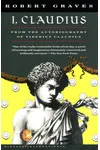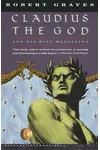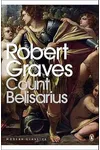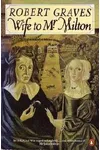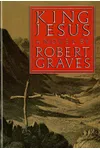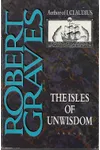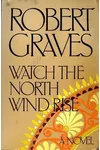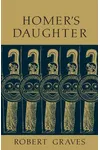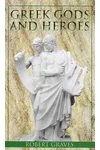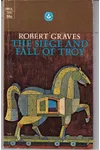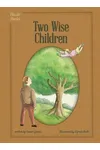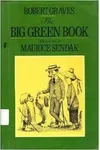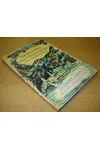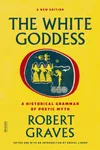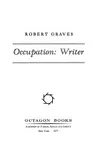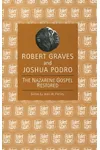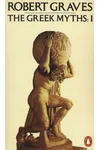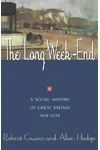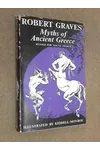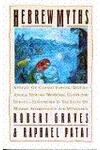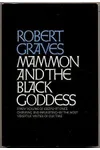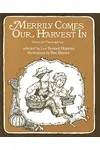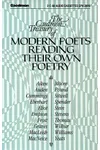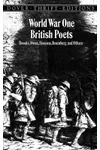Picture a British storyteller who spun ancient Rome into vivid, unforgettable tales—meet Robert Graves! Born in 1895, this prolific poet, novelist, and scholar captivated readers with his sharp wit and deep dive into human nature. From the battlefields of World War I to the mythical realms of his poetry, Graves’s life was as colorful as his stories, blending history, myth, and a touch of mischief.
The Making of Robert Graves
Robert Graves grew up in Wimbledon, England, in a literary family that sparked his love for words early on. Educated at Oxford, his life took a dramatic turn when he enlisted in World War I, an experience that shaped his raw, reflective poetry. His memoir, Good-Bye to All That, captures the chaos of war and his disillusionment, launching his career with its unflinching honesty. Influenced by classical literature and mythology, Graves began weaving tales that felt both timeless and deeply personal.
Robert Graves’s Unforgettable Stories
Graves’s versatility shone in his historical novels, poetry, and scholarly works. His Claudius series—I, Claudius and Claudius the God—brings ancient Rome to life with intrigue, betrayal, and a sly narrator in Emperor Claudius. These novels blend meticulous research with storytelling flair, making history feel like a gripping drama. His poetry, including collections like Fairies and Fusiliers, explores love, war, and myth with emotional depth and lyrical precision. Graves’s scholarly work, The White Goddess, delves into mythology and poetic inspiration, revealing his fascination with the divine feminine. His style—rich, witty, and layered—invites readers to see the past through a modern lens.
Graves didn’t just write; he reimagined. Whether crafting a Roman emperor’s secret memoirs or penning poems about lost love, he infused his work with psychological insight and a playful edge. His ability to merge fact and fiction made his stories resonate across generations, earning him a devoted following.
Why Robert Graves Matters
Robert Graves’s legacy stretches far beyond his books. His Claudius novels inspired TV adaptations like the 1976 BBC series, bringing ancient Rome to new audiences. His poetry, celebrated with the Queen’s Gold Medal in 1968, continues to influence modern poets with its raw emotion and mythic roots. Graves’s fearless exploration of history, mythology, and the human psyche paved the way for writers who blur genre lines. His life in Majorca, where he lived until his death in 1985, became a hub for literary minds, cementing his role as a cultural icon.
About Robert Graves
- Born: July 24, 1895, Wimbledon, England
- Key Works: I, Claudius, Good-Bye to All That, The White Goddess
- Awards: Queen’s Gold Medal for Poetry (1968)
- Died: December 7, 1985, Majorca, Spain
Ready to step into Graves’s world? Snag I, Claudius and dive into his thrilling blend of history and heart!
